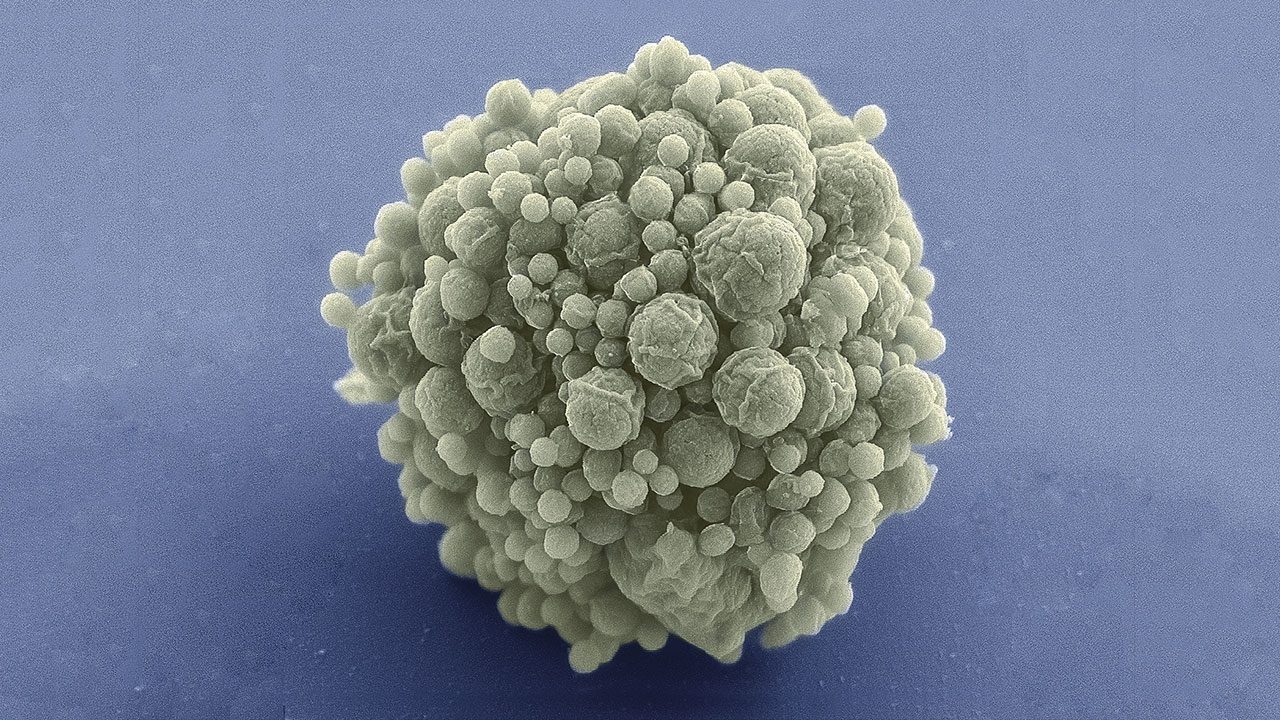Syn 3.0, created the first synthetic bacterium with the essential DNA of life

IT IS CALLED Syn 3.0 and marks a new, significant step forward towards the creation of artificial life. The first synthetic bacterium with a DNA reduced to the minimum – only 473 genes – contains in itself all the instructions for survival. He saw the light in the United States thanks to the work of the group of Craig Venter, the pioneer who dedicated decades of research to the dream of recreating life in the laboratory: in 2010 he had already surprised the world by announcing that he had synthesized and assembled cells capable of self-replicate.
As six years ago, today’s historic milestone is also described in the journal
Science. After the announcement of 2010, Venter and Clyde Hutchinson devoted themselves to the ultimate goal, which they have been working since the mid-1990s, namely to synthesize a minimal cell, with only the genes necessary to sustain life, in its most simplified version. And here today Syn 3.0, which has 473 genes, just that minimal “kit” that scientists were looking for. And that could now help to understand the role of each essential gene in the life of the cell.
Once again Venter and colleagues, from the La Jolla Californian laboratories, have focused on Mycoplasma, a bacterium that has the smallest genomes known among all the cells that can replicate themselves. In 2010 they synthesized the genome of Mycoplasma mycoides. Now, they have designed hypothetical minimal genomes on eight different segments, each of which could be tested to accurately classify genes essential for life and those that are not.
This led to Syn 3.0, whose genome is smaller than that of any cell, autonomously able to replicate in nature, known to date. Its essential heritage assembled in the laboratory is devoid of all the DNA-modifying genes, those of restriction and most of those that code for lipoproteins. However, it retains almost all the genes involved in the reading and expression of genetic information in the genome, as well as in the conservation of genetic information between generations.
Not everything, however, has been revealed: in the synthetic cell created by the scientists the biological functions of about 31 percent of the genes remain to be discovered. And several potential homologues of a number of these genes have been found in other organisms, which suggests that they encode universal proteins with functions yet to be determined


